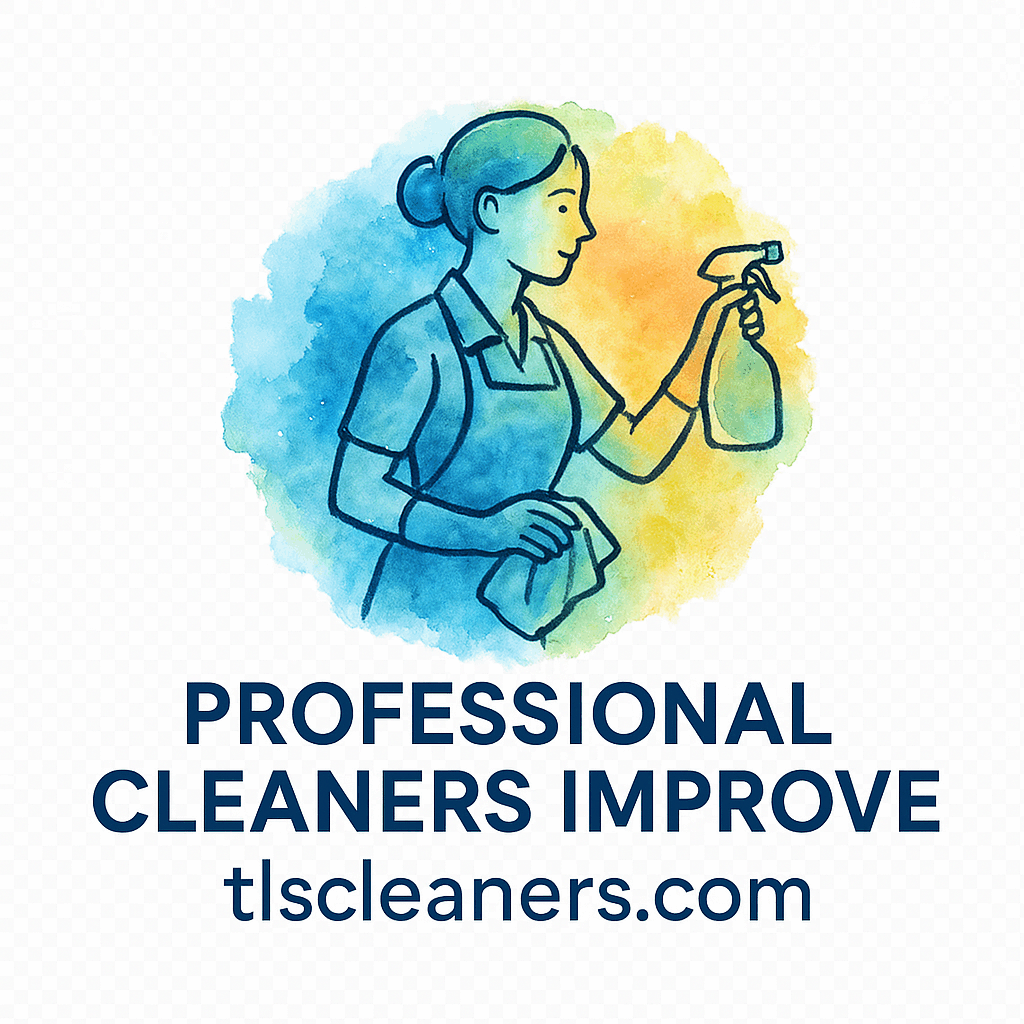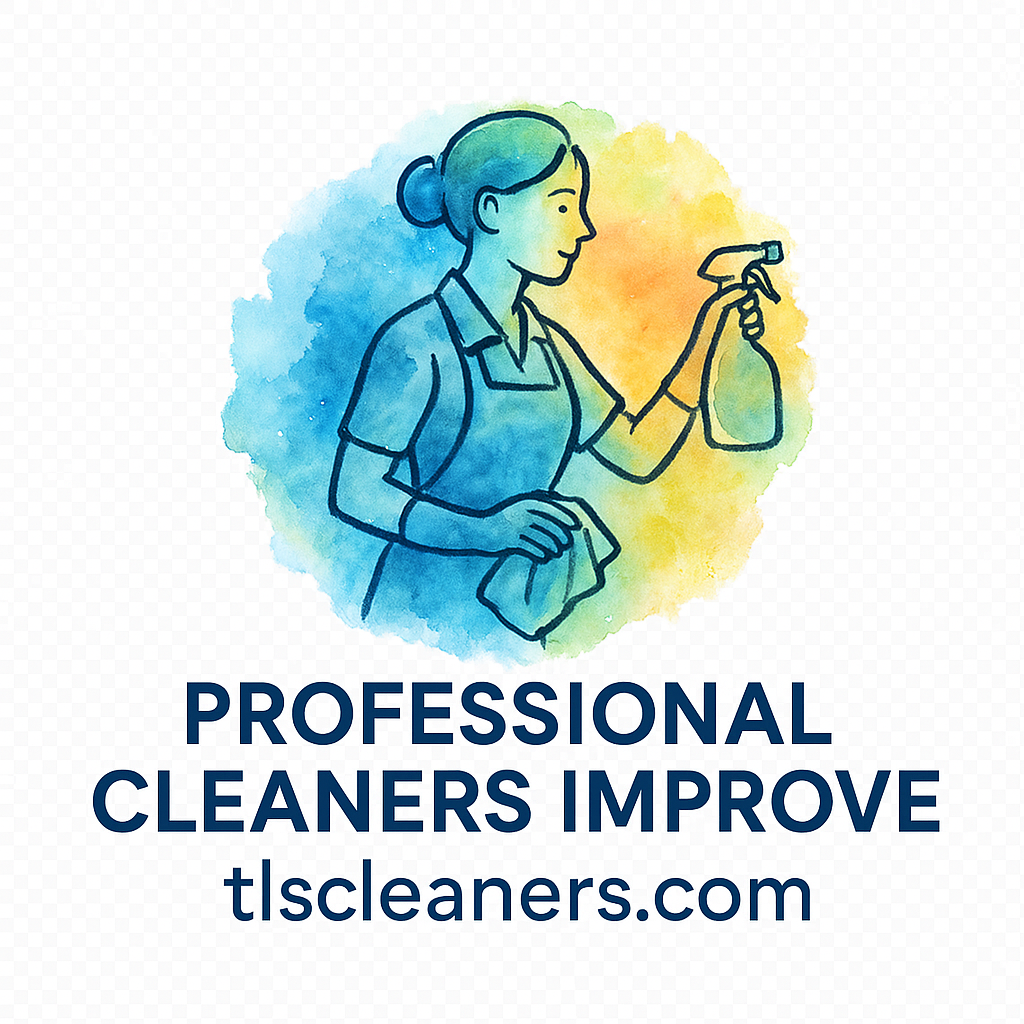If you’ve ever opened your cleaning cabinet and realized you’re out of supplies, don’t worry—I’ve been there too. The good news? Some of the most effective DIY cleaners are probably already sitting in your pantry. With a few simple household staples, you can clean nearly every surface in your home—without harsh chemicals, artificial fragrances, or complicated instructions.
These DIY cleaners not only save money but also support a healthier home. Whether you’re looking to make your kitchen sparkle, refresh your living room, or deep-clean your bathroom, these homemade solutions are surprisingly powerful.
Before we dive into the recipes, let’s talk about why DIY cleaners are worth your time.
Why DIY Cleaners Are Worth Trying
Benefits of Using Pantry-Based Cleaners
DIY cleaners offer many advantages, such as:
- Cost Savings – You’re using inexpensive household staples.
- Safer for Kids and Pets – Many commercial cleaners contain irritants.
- Eco-Friendly – Less plastic waste and fewer harsh chemicals.
- Customizable – Add natural scents or adjust strength easily.
For more eco-focused cleaning tips, visit:
➡️ https://tlscleaners.com/eco-friendly-cleaning
➡️ https://tlscleaners.com/tag/eco-friendly
Common Pantry Ingredients for Natural Cleaning
Here are some powerhouse ingredients almost everyone has:
| Pantry Item | Cleaning Power |
|---|---|
| Vinegar | Dissolves grime + deodorizes |
| Baking Soda | Gentle abrasive + odor neutralizer |
| Lemon | Antibacterial + natural bleach |
| Salt | Scrubbing agent |
| Olive Oil | Wood polish |
| Cornstarch | Absorbs grease + streak-free shine |
1. DIY All-Purpose Cleaner with Vinegar (Focus Keyword: DIY Cleaners)
This is one of the most versatile DIY cleaners you can make.
What You’ll Need
- 1 cup distilled white vinegar
- 1 cup water
- 10–15 drops essential oil (optional, for scent)
How to Make It
- Combine vinegar and water in a spray bottle.
- Add essential oils if desired.
- Shake gently before each use.
Best Uses
Use on:
- Countertops
- Stovetops
- Sinks
- Tile
- Bathroom surfaces
Avoid using on marble, granite, and natural stone, as vinegar can damage the finish.
2. Baking Soda Scrub Cleaner
Perfect for stubborn stains and surfaces that need a little elbow grease.
What You’ll Need
- ½ cup baking soda
- Water (enough to form a paste)
How to Make It
- Mix water slowly into the baking soda until it forms a thick paste.
Best Surfaces
- Ovens
- Sinks
- Shower grout
- Dirty pans
3. Lemon & Salt Surface Cleaner
Lemons smell amazing and cut through grease like magic.

Ingredients
- 1 lemon, cut in half
- 1 tbsp coarse salt
How to Apply
- Sprinkle salt on the surface.
- Use the lemon like a scrub brush.
- Rinse with warm water.
When to Use
Great for:
- Wooden cutting boards
- Stove burners
- Greasy kitchen surfaces
4. Castile Soap Floor Cleaner
Gentle, safe, and super effective.
Step-by-Step Instructions
- Mix 2 tbsp liquid Castile soap with 1 gallon warm water.
- Mop as usual.
Surface Compatibility
Use on:
- Laminate
- Tile
- Vinyl
- Sealed wood
5. Cornstarch Glass & Mirror Polish
Cornstarch helps you achieve a streak-free shine.
DIY Recipe
- 1 tbsp cornstarch
- 1 cup warm water
- 1 cup vinegar
How to Use
Spray and wipe with a microfiber cloth.
6. Hydrogen Peroxide Disinfectant Spray
Hydrogen peroxide is a natural disinfecting powerhouse.
Safety Tips
- Store in a dark spray bottle (light breaks it down).
Best Use Cases
- Toilet seats
- Toothbrushes
- Door handles
- Kitchen sinks
7. Olive Oil Wood Polish
Simple Recipe
- 1 tbsp olive oil
- 1 tbsp lemon juice
How to Polish Wood Correctly
Apply a thin layer, rub with a soft cloth, and buff until shiny.
Tips for Storing DIY Cleaners
- Use glass bottles for acidic cleaners like vinegar.
- Label bottles with ingredients + date made.
- Store away from direct sunlight.
Mistakes to Avoid When Making DIY Cleaners
| Mistake | Why It Matters |
|---|---|
| Mixing vinegar & baking soda in the same bottle | Causes pressure + cancels cleaning power |
| Using vinegar on natural stone | Can cause etching |
| Storing hydrogen peroxide in clear bottles | Makes it ineffective |
When to Call the Professionals
Even the best DIY cleaners can’t always replace a professional service—especially before events or deep cleans.
Browse professional services here:
- Home cleaning: https://tlscleaners.com/residential-cleaning
- Business cleaning: https://tlscleaners.com/commercial-cleaning
- Specialty services: https://tlscleaners.com/specialty-cleaning
Conclusion
Making DIY cleaners from pantry staples is a simple, affordable, and healthy way to keep your home sparkling. With everyday ingredients like vinegar, lemon, baking soda, and olive oil, you can handle most cleaning tasks while avoiding harsh chemicals and fragrances. Plus, these recipes are easy to customize, budget-friendly, and environmentally conscious.
FAQs
1. Are DIY cleaners as effective as store-bought cleaners?
Yes—especially for everyday cleaning and deodorizing.
2. Can I add essential oils for scent?
Absolutely, just use high-quality oils.
3. Do DIY cleaners expire?
Most last 2–4 weeks; label and monitor.
4. Can I use vinegar on granite countertops?
No, vinegar can damage natural stone.
5. Are DIY cleaners safe for pets?
Yes, when used correctly and rinsed where needed.
6. How often should I disinfect with hydrogen peroxide?
Daily in high-touch areas.
7. Can I mix multiple cleaners together?
Avoid combining cleaners unless the recipe specifically says it’s safe.

